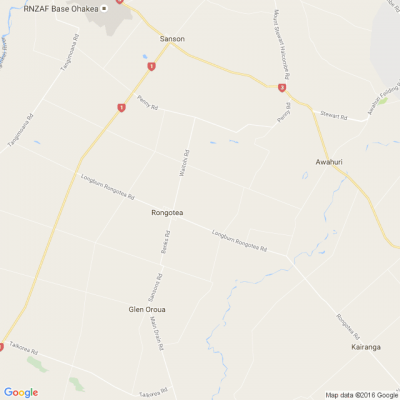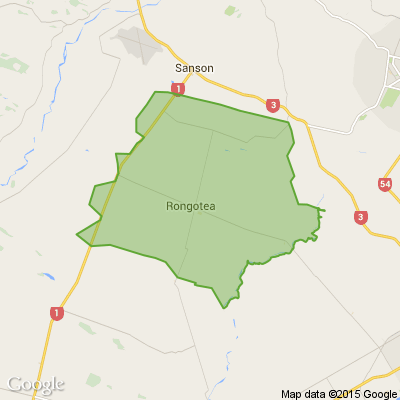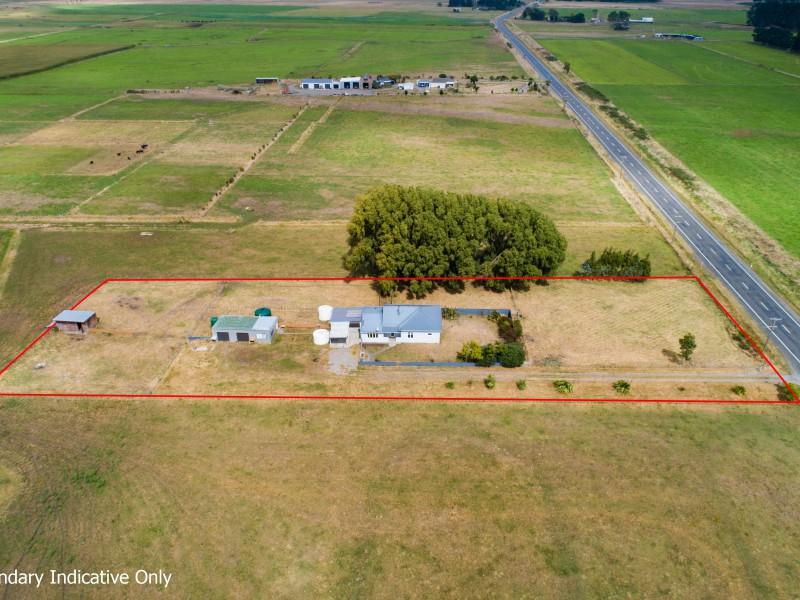Police urge parents & young people to be alert when online
New Zealand Police is urging parents to be alert to the potential risks facing children and young people online.
Today is Safer Internet Day – a global event to promote safe and positive online experiences.To ensure a collaborative approach to internet safety, Police works closely with our partner agencies, including the Department of Internal Affairs, Netsafe, and New Zealand Customs.
Detective Senior Sergeant Kepal Richards, officer in charge of New Zealand Police Online Child Exploitation Across New Zealand Team (OCEANZ), says supervising children and young people online is the best way to keep them safe.
“The internet opens up a world of opportunity but there are offenders online looking to exploit people, and they target the most vulnerable.
“In the worst-case scenario, we see online extortion groups trying to persuade children and young people to record self-harm and sexually explicit acts, alongside other violent crimes.
“The footage is then circulated among members of the extortion group to gain notoriety and further extort victims.
“Offenders may also threaten to share these videos or images online or with the victim’s family and friends.
“While we’re not seeing a large number of this type of offending here in New Zealand at this time, we know this is having a significant impact overseas.
“We want parents to be alert to the possible risks, but not alarmed.”
Police urge parents and caregivers to educate themselves on this topic and have conversations with their young people about the dangers of having an online presence.
“Having open and regular conversations is the most important tip we can give any parent or caregiver,” Detective Senior Sergeant Richards says.
"This ensures their young children feel comfortable to come forward about any online issues that may arise.”
For parents and caregivers:
- Supervision is essential. This means knowing what your children are doing online, who they are interacting with, and what platforms, apps, or games they are using.
- Check privacy settings. We recommend parents and caregivers research and understand app settings, including privacy settings. This can include turning off location settings, setting profiles to private, or turning off chat functions.
- Long term impact. Offenders will often use tactics such as fear or shame to manipulate young people, and make them feel alienated or trapped, like they cannot escape the situation. These situations can be very distressing and can have long term impacts and need to be addressed appropriately.
- Report suspicious behaviour. Make a report and seek help and support.
For victims:
- Stop talking to the offender and avoid sending any more images or videos – even if they are threatening you.
- Once you have complied with their demands, there is nothing preventing them from targeting you again.
- Save all the online chat, immediately take screenshots. This is important for making a report to the Police, we need all the evidence that you can gather.
- Report the content and person’s profile to the platform and request the content is removed.
- Block the profile.
Where to report offending:
- To report any offending to Police, please call 111 in an emergency, and for non-emergencies, online at 105.police.govt.nz, clicking “Make a Report” or by calling 105.
- If you have seen content online that you wish to report, make a report to the Department of Internal Affairs HERE.
- If you would like advice and support from Netsafe, text ‘Netsafe’ to 4282 or call for free on 0508 NETSAFE (0508 638 723).
- You can also report online at netsafe.org.nz/report or by email at help@netsafe.org.nz.

Poll: Is your nearest emergency department up to scratch?
Concerns have been raised about Nelson Hospital with complaints of lack of staffing and excessive wait times. Do you have confidence in your local emergency department?

-
36.7% Yes, it serves us well
-
62.5% No, I have concerns
-
0.8% Other - I'll share below
💡 A Little Brain Buzz for You— Solve These! ⚡
You can ask this question all day long and get a completely different answer, yet all the answers will be correct. What is the question?
Do you think you know the answer? Simply 'Like' this post if you know the answer and the big reveal will be posted in the comments at 2pm on the day!
Want to stop seeing these in your newsfeed?
Head here and hover on the Following button on the top right of the page (and it will show Unfollow) and then click it. If it is giving you the option to Follow, then you've successfully unfollowed the Riddles page.

Keep your vehicle safe
Police have a message for the Central District’s drivers: If you leave it, lock it.
Officers are finding common themes when speaking with victims of car crimes, with many vehicles being left unsecured.
“We want to remind everyone, don’t make it easy for criminals – take the valuables out of the car, or put them out of sight, and keep the windows up and doors locked when you get out,” Detective Sergeant Heath Karlson says.
“Thieves want an easy target. Many of the offenders we speak to often comment on how naive victims can be by leaving their cars unlocked.”
Police also recommend people fit an immobiliser, a steering lock, or a vehicle alarm, if possible.
“If you don’t have a garage, things like steering wheel locks are an affordable way to deter someone who’s eyeing-up your car, and immobilisers are a worthwhile investment too. But basic steps such as rolling up windows, parking in well-lit or busy areas, and removing valuables also make a difference,” Detective Sergeant Karlson says.
“Even if you don’t drive, you can make a difference by reporting suspicious behaviour. Even if it turns out to be nothing, your report gives Police the chance to direct a patrol through the area and make sure nothing untoward is happening. It also helps us build a picture of where we’re most needed.”
If you see illegal or suspicious behaviour that’s happening now, call 111. If it’s after the fact, contact us via 105.









 Loading…
Loading…






















